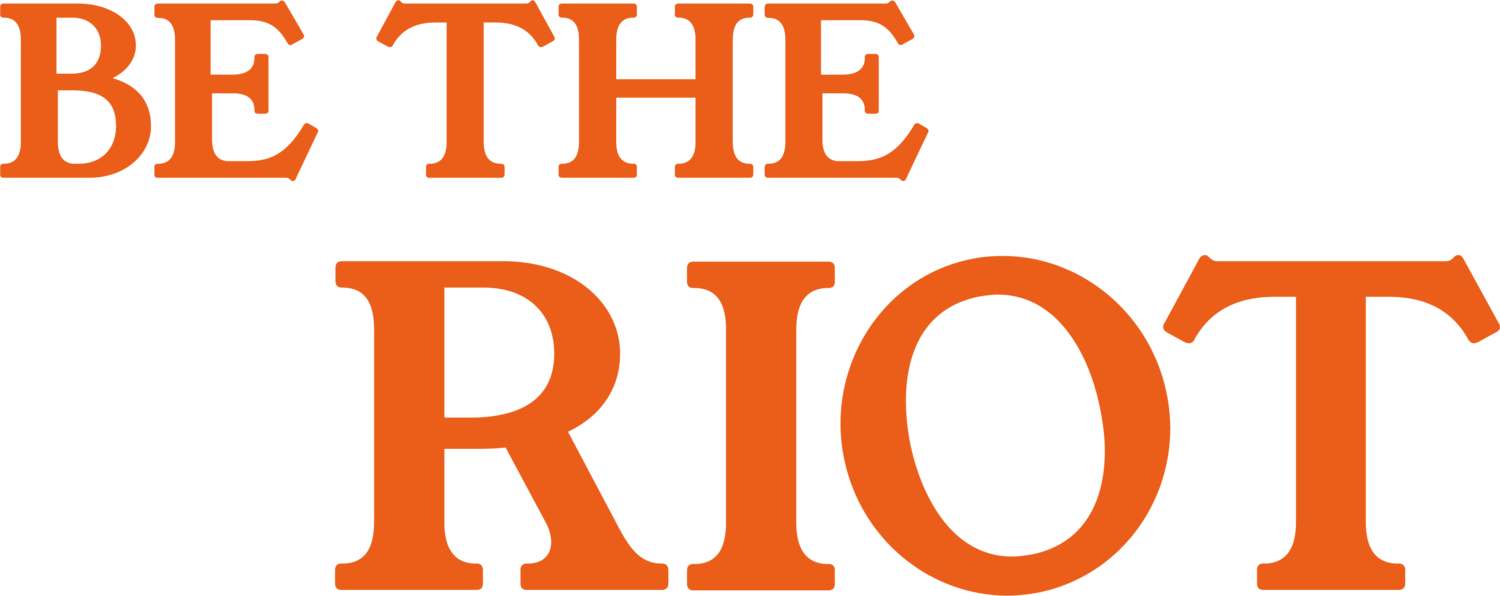Sexual Safety at Work: The Law Has Changed — Have You?
If you've been watching the recent Netflix show Adolescence, you’ll know it’s got people talking, as the series shines a light on boundaries, consent, and the real-life impact of sexual harm. It's powerful, uncomfortable, and important - and it’s fuelling conversations that workplaces can no longer avoid.
The Reality in UK Workplaces
Sexual harassment is still far too common in UK workplaces, despite it being illegal (EA), the stats are shocking:
According to a 2023 Trades Union Congress survey, 3 in 5 women have experienced sexual harassment at work. That number jumps to 2 in 3 for women aged 25–34.
25% of people affected say they avoided meetings, courses, certain locations and shifts to evade the perpetrator.
18% left their job and risked unemployment because of this treatment.
And it’s not just women. People of all genders are affected. A Government Equalities Office report from 2020 found that 29% of all employees had experienced some form of sexual harassment at work in the past year.
How Will I Know It’s Sexual Harassment?
According to ACAS, sexual harassment is unwanted behaviour of a sexual nature that causes a significant negative impact on the target.
Impact over Intention: If the abuser is unaware that what they are doing constitutes sexual harassment, or they did not intend to cause any harm, this doesn’t matter. The law assesses sexual harassment based on impact, not intent.
It takes many forms: It’s not always physical. It can be verbal, online, a leering look, or inappropriate comments, jokes, or behaviour that makes someone feel uncomfortable, unsafe, or humiliated.
Once is enough: It doesn’t have to be a repeated behaviour to be considered sexual harassment.
The Law Has Changed – Here’s How
From October 2024, the Worker Protection Act came into force. This new legislation means employers must take active steps to prevent sexual harassment, not just deal with it after it happens.
Here’s what it means in simple terms:
Prevention: Employers now have a legal duty to prevent harassment, not just respond to it.
3rd party responsibility: It covers third-party harassment, too — from customers, clients, or contractors.
Beyond the office: The law applies to work-related settings, including events and parties, not just in the office or on-site.
Significant costs: Failing to act could cost businesses financially and reputationally, including tribunal penalties of an additional 25%, loss of public trust and backlash.
What Should Employers Be Doing?
If you manage people or run a business, you should be on the front foot.
Set clear expectations with enhanced anti-harassment and sexual safety policies.
Train your staff – not just once, but regularly.
Make reporting easy and confidential.
Take every incident seriously.
Keep listening and checking the culture in your teams.
When workplaces do nothing, the results are damaging for everyone. People suffer. Teams break down. Talent leaves. And the business? It pays the price — through legal action, bad press, and lost trust.
Join Our Free Webinar
We’re running a free webinar and Q&A session on 14th May 2025 to build further awareness about sexual safety and the practical steps we can all take.
We’ll be interviewing our own Sophia Kalpaka (LI), a specialist in the field who has delivered Building Sexual Safety learning sessions across more than 10 industries. She’ll be able to answer those questions we don’t dare ask on this sensitive yet critical topic.
It's an open invite: Whether you’re an individual contributor, a team lead, or part of senior management, this session is for you.
Let’s not wait for more headlines or another viral TV show to remind us.
We all have a role to play in making our workplaces safer.
👉Sign up now and be part of creating real change.
This article was written by Sophia Kalpaka
Be The Riot Consultant, Leadership Trainer, Executive Coach
